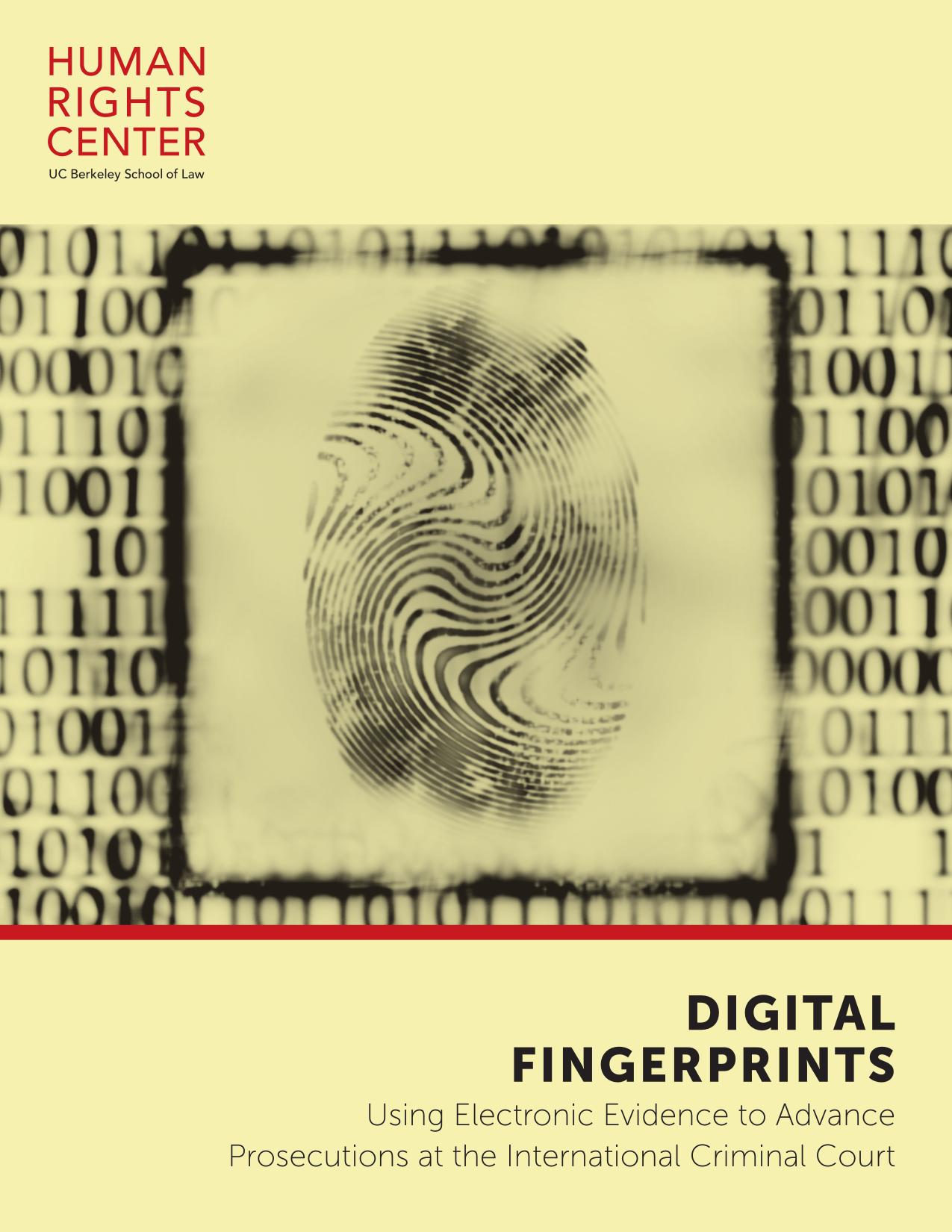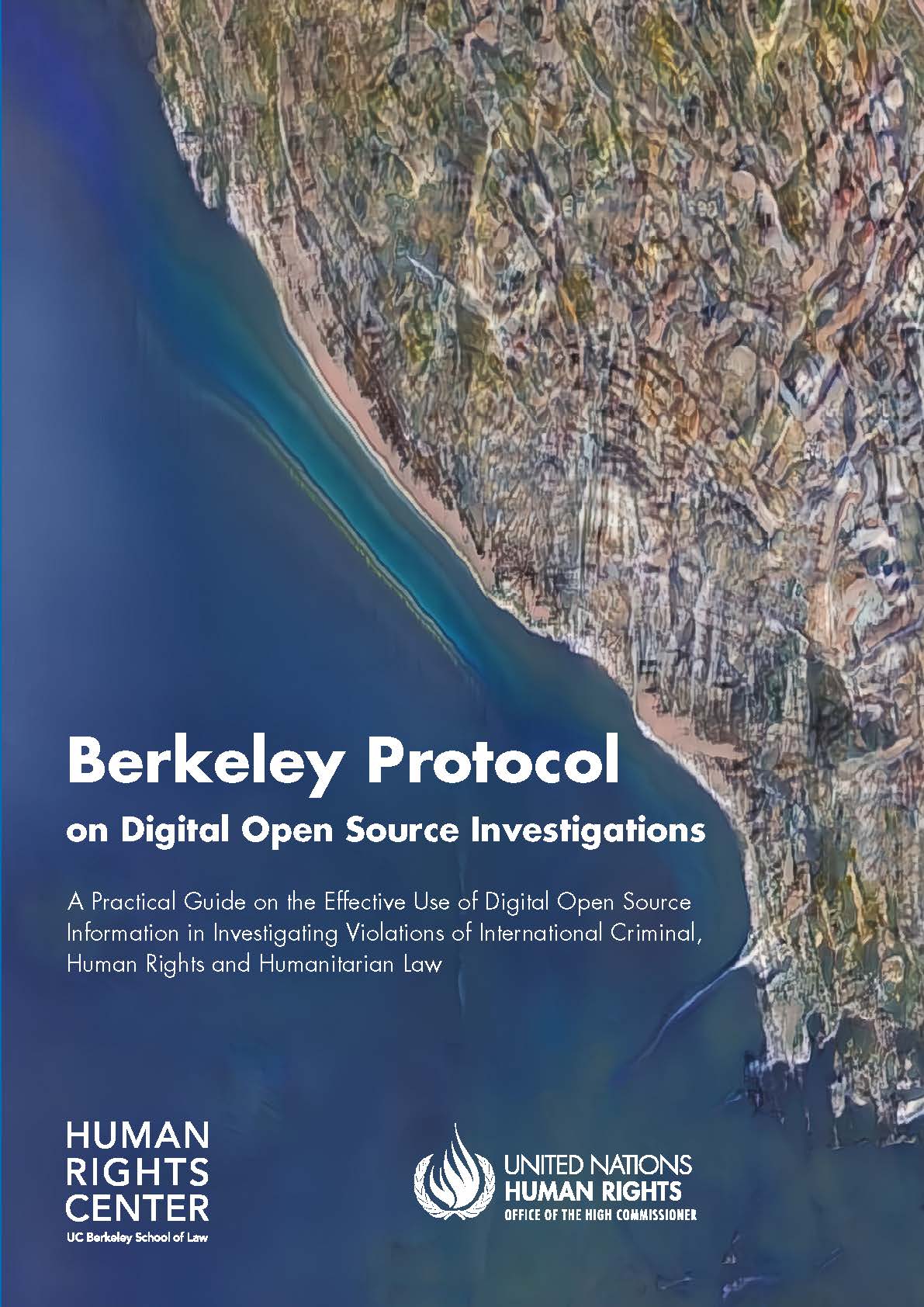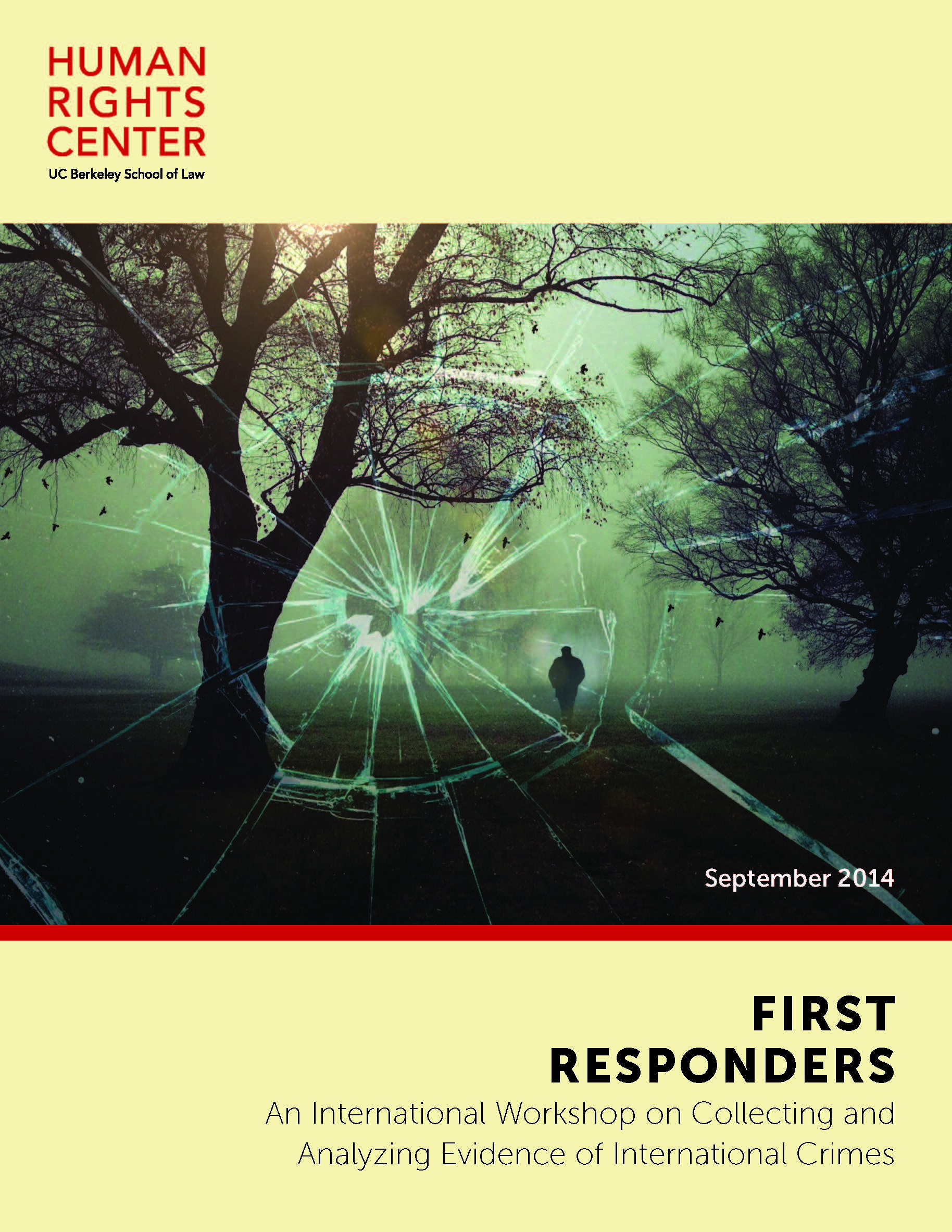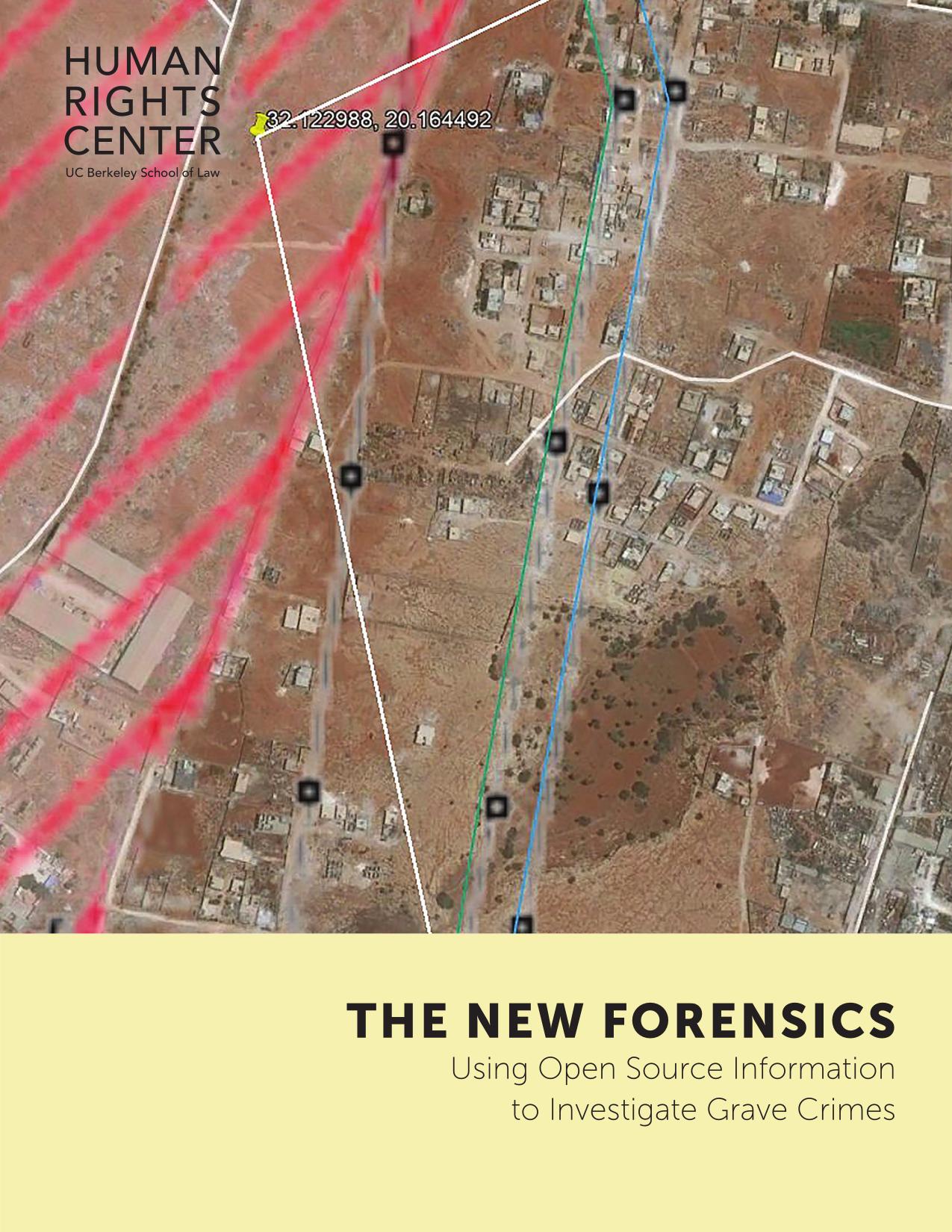Digital Fingerprints: Using Electronic Evidence to Advance Prosecutions at the International Criminal Court
Download PDFSummary
This report summarizes major points of discussion from the first Salzburg Workshop on Improving War Crimes Investigations, a convening focused on the use of digital evidence to prosecute atrocity crimes (genocide, crimes against humanity, and war crimes). The workshop was held in Salzburg, Austria, from 23–25 October 2013. The Human Rights Center sponsored the workshop in collaboration with CITRIS (Center for Information Technology Research in the Interest of Society), the Office of the Prosecutor of the International Criminal Court, and Salzburg Global Seminar at the Schloss Leopoldskron, an Austrian castle occupied by the Nazis during World War II and subsequently dedicated to promoting human rights and international justice. The workshop sought to promote an open exchange of ideas and expertise on strategies to improve the capacity of investigators and prosecutors to gather and analyze digital evidence relevant to serious international crimes.2 Workshop participants included investigators and prosecutors from the International Criminal Court (“ICC” or “Court”), specialists in cyber investigations, human rights investigators, foundation representatives, legal experts, and University of California, Berkeley, faculty and students. (See Appendix A for a list of participants.) While this report presents the major issues discussed at the workshop, parts of the discussion were off-the-record.



